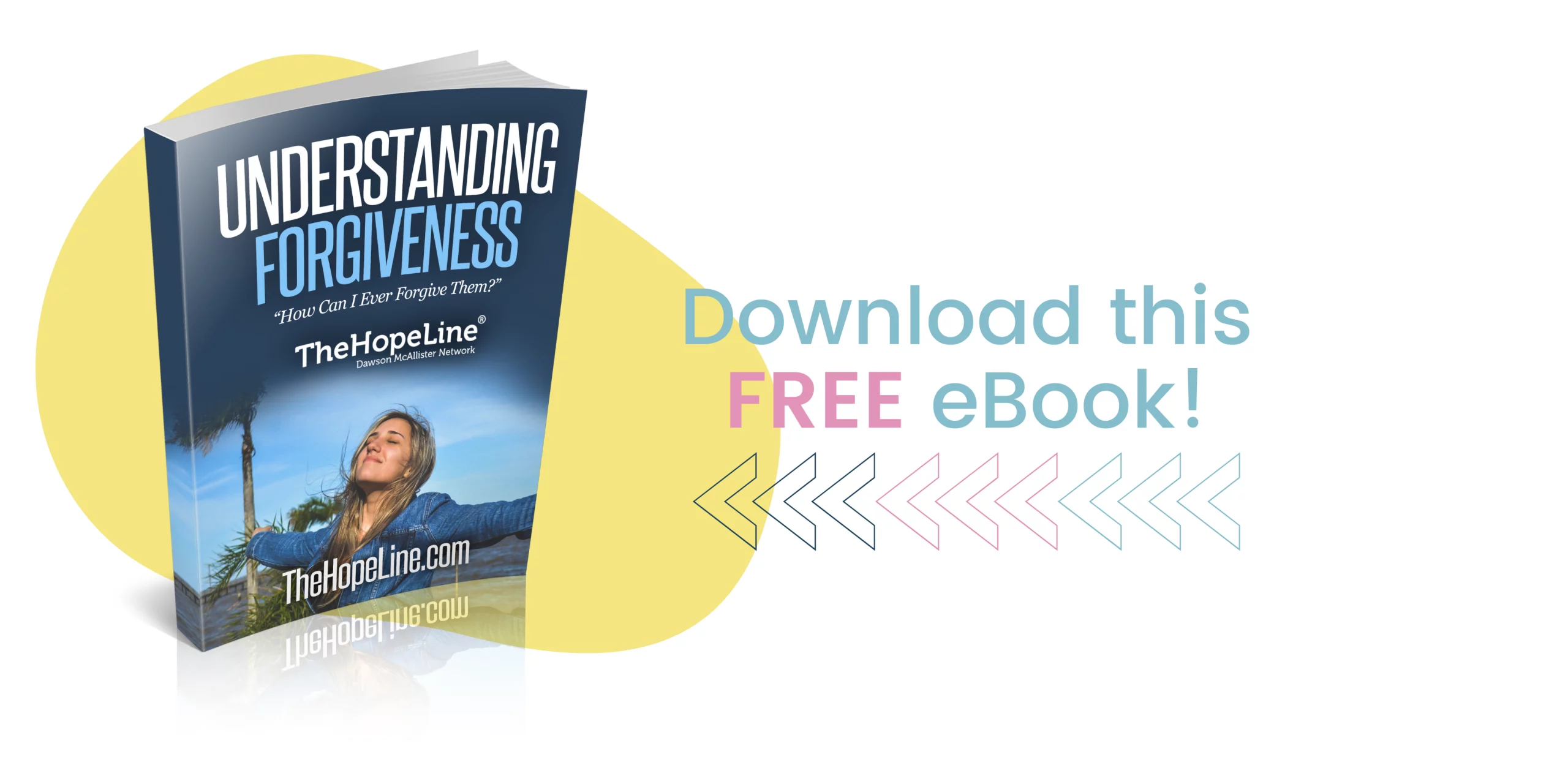When I talk to people about forgiveness, they often repeat a popular saying: forgive and forget. If you’ve been hurt by someone you care about, you might be wondering: how do I forgive and forget?
But have you ever really thought about that phrase? For me, it doesn’t ring true. Yes, forgiveness is possible, even for very painful wrongs. But none of us can forget being hurt. People aren’t wired that way.
Understanding you don’t have to forget in order to forgive is an important step in the forgiveness process. Here are a few more lessons that have helped me when forgiving others gets confusing and difficult.
Forgiveness Isn’t Approval
Saying “I forgive you” or affirming to yourself that you forgive someone who hurt you does not mean that you’re okay with what they did or that you are expecting the relationship to continue as if nothing happened.
When working through relationship challenges, it’s healthy and helpful for the person to know what is and is not acceptable.
For example:
- I forgive you for what you did, but please don’t do that anymore.
- I forgive you for what you said, but please speak with more kindness next time.
- I forgive you for what happened, but I need space before we can spend time together again.
Setting healthy boundaries is key to practicing forgiveness in a way that feels safe and reasonable for you.
Forgiveness Isn’t a One-Time Thing
Sometimes it can be intimidating to read about forgiveness. The Bible says to forgive “seventy times seven”. And when we think of how completely God forgives, it’s no wonder we are often overwhelmed when trying to forgive people who hurt us.
But we’re only human. And it is completely understandable and healthy for forgiveness to happen over time and to look different from day to day.
Some days, you may feel at peace with forgiving someone and ready to move forward. Other times, something may happen that triggers your pain and forgiveness may seem a lot farther off. That’s okay. It doesn’t make you a bad friend. Be patient with yourself and give yourself time to forgive in small ways each day. Just because acts or thoughts of forgiveness seem small doesn’t make them untrue.
We All Need Help to Forgive
Yes, the wrong you’re trying to forgive is between you and the person who hurt you. And it won’t help to shout what you dislike about them from the rooftops.
But if you truly want to forgive someone for the sake of your own healing, you can’t do it alone. Talking to someone you trust can help you practice forgiveness without feeling pressured to forgive a certain way, or at a certain pace.
You have people who care about you and who respect your forgiveness journey. And they will be willing to listen without judging or pressuring you.
TheHopeLine offers resources and support to help you heal and forgive. Talk to a HopeCoach anytime you need a listening ear. We are here for you and will do whatever we can to help you find a healthy way to forgive others.
Tough relationships and people talking about "letting go" or telling you to forgive is hard. Read my blog to find out how God can help you with forgiveness.



